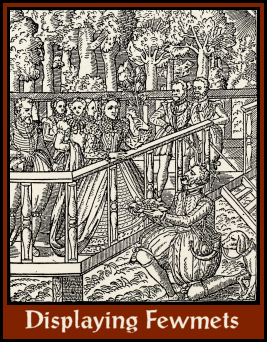Considering the potential problems that may be on the horizon regarding archives in Kent, it is great to be able to report on something positive. I was at a meeting on Tuesday this week where it was agreed that the Canterbury Historical and Archaeological Society will once again offer young and not so young scholars the opportunity to apply for a grant to aid their research. The Society has been aiding historical and archaeological research on Canterbury and its surrounding area for well over a decade and previous grant holders include postgraduate students from the universities of Kent and Christ Church, members of staff at Canterbury Archaeological Trust, archaeologists from Cambridge and researchers from among the general public who had a particular interest in their locality. As normal details for applicants are on the Society’s website, the closing date being 30 June 2015, and there is a link to the Society’s site from this Centre’s front page. Such a link seems wholly appropriate because the desire to foster good research is central to both organisations, as is the importance of publishing the results so that as wide an audience as possible has access to these research findings.
An Elizabethan hunt
Such a desire is also behind the ‘New Directions in Kent History since Joan Thirsk’ conference that will be held at Old Sessions House on Saturday 28 March 2015. Almost all the speakers will be drawing on their doctoral work or that undertaken as part of post-doctoral projects. Thus they can be seen in some ways as the academic ‘grandchildren’ of Joan Thirsk who during her time at Leicester, Oxford, and in retirement in Kent, was interested in and wrote on a wide range of early modern social and economic topics. Just to give you a flavour of what will be on offer in March, as Dr Lorraine Flisher writes: ‘In the seventeenth century the market town of Cranbrook in Kent was the centre of the Kentish broadcloth industry. Within the Wealden wood-pasture countryside, a capitalist clothier elite supported a large, economically dependent rural labour force through the development of cloth manufacture and agriculture. My paper will explore aspects of economic activity and religious pressure in the early seventeenth century, which demanded an entrepreneurial response from Cranbrook’s inhabitants, and led some to migrate to the New World in search of religious freedom and economic opportunities.’ We will also be treated to Dr Susan Pittman’s examination of rural relations, for as she says: ‘My talk will be the first attempt to describe the role of the deer-keeper, in particular concentrating on the dilemma he faced in enforcing elitist laws covering hunting, deer and parks, which were widely unpopular. The deer-keeper faced challenges to his authority from the lowlier strata in society and from those below the upper echelons, who were denied the right to hunt. I will discuss the factors that were likely to encourage him to remain loyal to the park owner, and those which led him to give way to local pressure.’ To gain a full list of the lectures at the conference, please do look at the Centre’s website and I will provide further insights from two more speakers next week.
 Centre for Kent History and Heritage
Centre for Kent History and Heritage Sheila Sweetinburgh
Sheila Sweetinburgh 664
664


